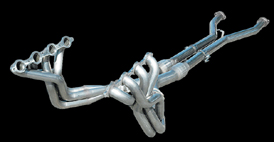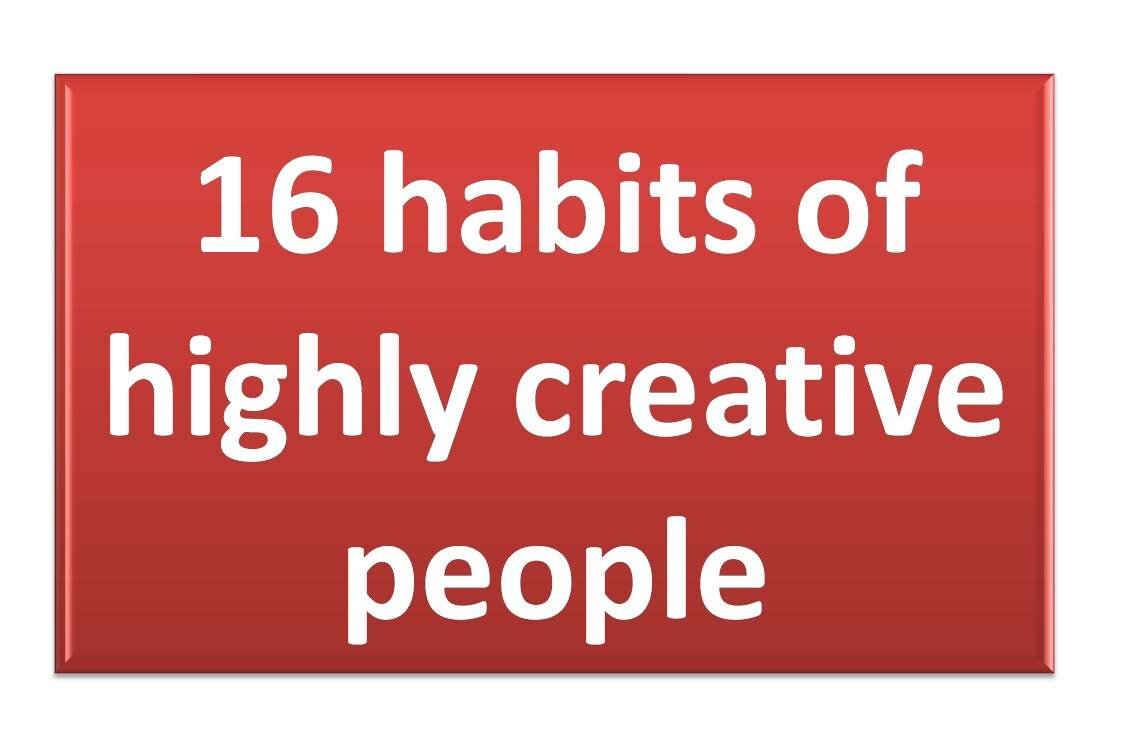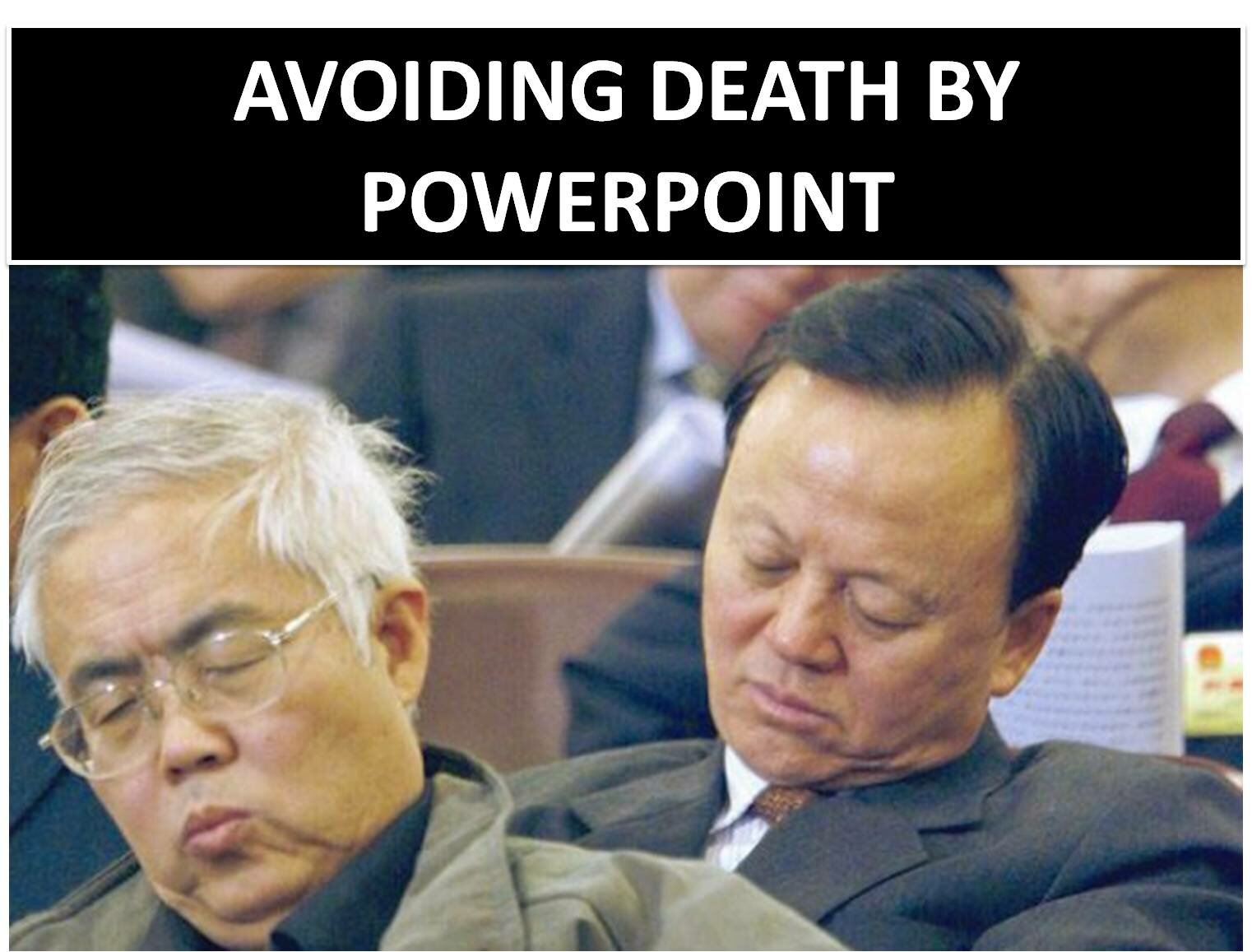Change is inevitable!
|
|||||||||
Sam Paul | Jan 09, 2009
 One of my professors in my management classes used to say, “Shape up or ship out.”
One of my professors in my management classes used to say, “Shape up or ship out.”
In our world today, it seems that one thing that is fully certain is change. The speed of transformation that our business world is seeing – the rapid growth of technology, the ever changing needs of consumers, the needs of our families, the continued demands of our bosses and competitors, and the unending wish lists of our valued customers – does confirm that change is critical.
Many of us have the habit of resisting change. If at all possible we would rather avoid or pass on any change and maintain the status quo. There are some who are always looking for a change in the way their home or office is set up or in the way they conduct themselves. However, most people prefer being “settled” and feel uncomfortable at the thought of change.
In the days ahead, with the accelerated ecological imbalance that humanity has created in our environment, there is a definite pending change in the universe. One small example of such is that Delhi marked December 2008 as its warmest winter since 1953. The many reports of climate changes, the erosion of forests and lack of rainfall is a sad change that we are inviting upon ourselves.
Recently I met a senior level bank manager from Andhra Bank. The manager was explaining how difficult it is to get the staff members within the public sector in India to change and move on with the new demands of our time. The competition from the private sector is ruthless, but some public sector employees still remain relaxed and reluctant to make any positive progress or change at all.
Because change is inevitable, it is best to prepare for it. Change can be a painful process at times. It requires saying goodbye to old processes and adapting to the new, which at times may be strange. A principle and attitude to adopt in times like these: Let us change for the better. Be it in the way a job is done, be it in relating to family members, be it driving or communication, be it in one’s view of other, or whatever may be the case. Let us change for the better.
The major two categories in which change occurs or must occur are:
1) Inner personal life
2) Work / Home / Business life
A fine example of the change that occurs in our personal lives is given by nature in the emergence of butterfly from the cocoon.
Metamorphosis of the adult butterfly is a beautiful example. As we studied in our school days, there is a four-stage process that produces an adult butterfly.
A) Egg: Female butterflies lay their eggs on plants to enable the newborn caterpillar (later stage) to get food from plants’ leaves.
B) Larva: Also called caterpillar. It emerges from the egg after a few days. The caterpillar spends most of its time eating.
C) Pupa: The caterpillar forms a protection shield called a pupa when it has finished growing. Most of the transformation takes place inside the pupa.
D) Butterfly: When the pupa has finished transformation, the butterfly emerges from the pupa. The adult butterfly lays eggs on plants after its mating period, and the circle repeats.
In our personal lives we should look for change, a change for the better. Through the ‘egg, larva, pupa’ stages we must wait to become the beautiful butterfly in our character and in our being. Not only does this change become a showpiece to others, but becoming beautiful in our inner selves becomes a great benefit which only we will know.
Second, in professional life, statistics indicate the amount of stress a change brings in one’s life. For instance, a person’s stress increases by 35% during the move from one house to another. Stress increases 55% during a job change; 60% when a child is born. Although the percentage differs from person to person, the issue of change and its effect on every person is significant.
The best policy is to be ready for change. Welcome it when it comes. If we build a ‘least resistance policy’ to change, which in any case is inevitable, we will eradicate undue stress and increase our ability to cope as we adapt to any system or process tactically.
–
Sam Paul is the Chief Information Officer of OM India (a reputed NGO) and a human Rights activist for the past two decades. He is currently a research student of Acharya Nagarjuna Ranga University in Andhra Pradesh.
Filed Under: Miscellaneous
|
|||||||||


















